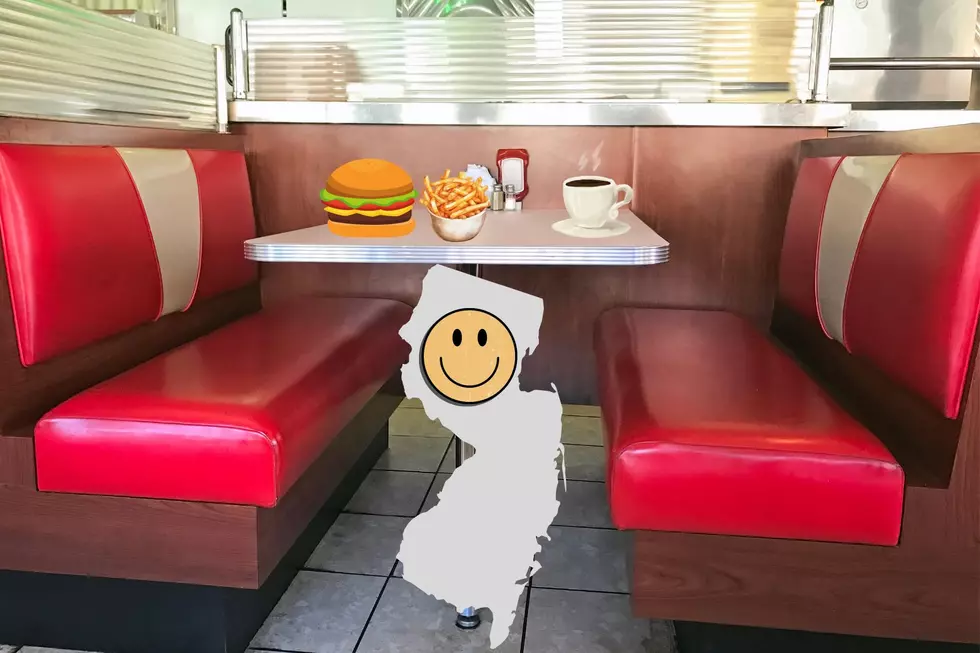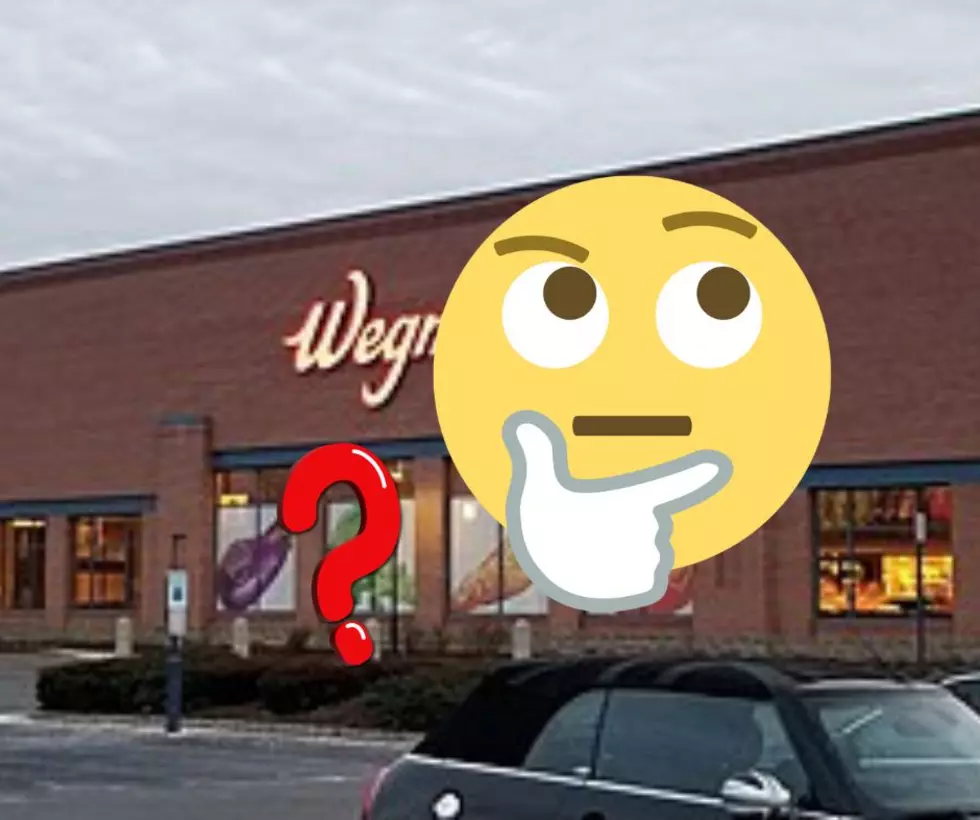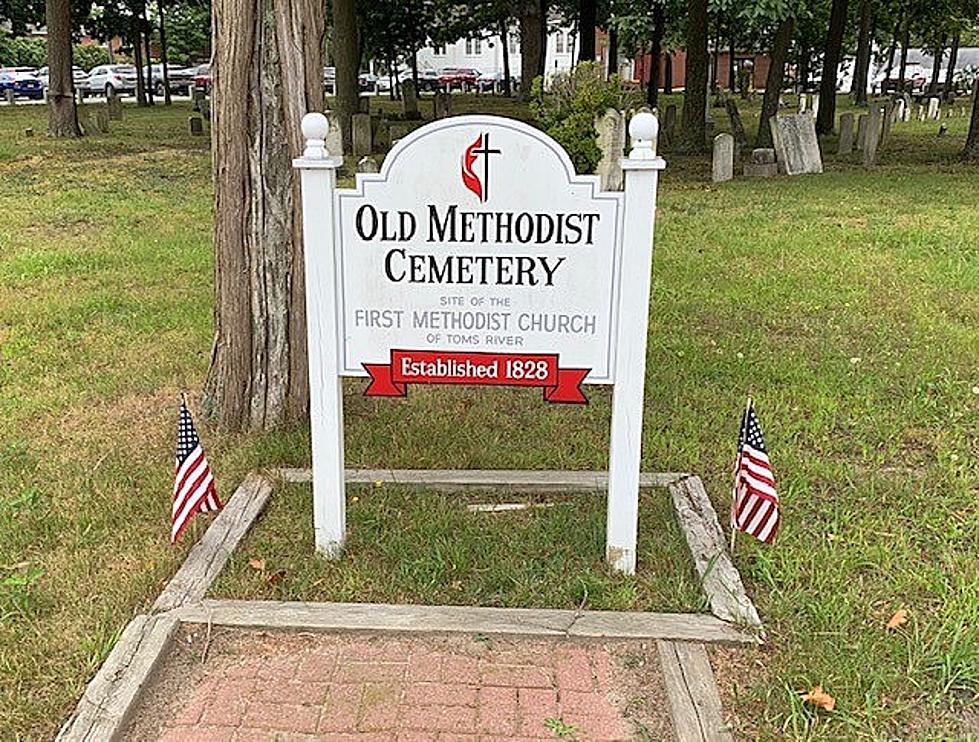
Historic Anniversary for Toms River
April 12th marks the anniversary of an event that almost derailed the peace talks following the American Revolution - and it all began in Toms River.
American Captain Joshua Huddy was summarily executed by the British after being captured at the Battle of Toms River in 1782. He was kidnapped from a prison ship and hanged near Highlands. Township Clerk and Historian Mark Mutter says the act put the peace talks in Paris on hold for seven months and led General George Washington to call for a Council of War, demanding retribution.
Photo by Megan Madison
"Lots were chosen, 13 lots of 13 British prisoners of war," Mutter said. "And the person who chose the lot called 'Unfortunate' was to ultimately give his life for Huddy's life."
That didn't happen, largely because the British soldier who drew the "Unfortunate" lot was the son of a former mayor of London with connections to England's aristocracy. He was also what's known as a "capitulation" prisoner - one who has peacefully surrendered instead of being captured - rather than an unconditional prisoner and should not have been part of the lottery at all according to the articles of war.
Months of debate followed in the Continental Congress, while the British military conducted a court-martial of the officer who had ordered Huddy's hanging. That officer was eventually cleared, and the Americans relinquished their push for retribution.
"Ultimately, a decision was made to let bygones be bygones," Mutter said. "Even Captain Huddy's widow had made the decision not to have an eye for an eye."
Captain Huddy's story is just one of many set to be commemorated at the town's 250th Anniversary Celebration in 2017. For more information on the history of Toms River, visit tomsrivertownship.com.
More From 92.7 WOBM









